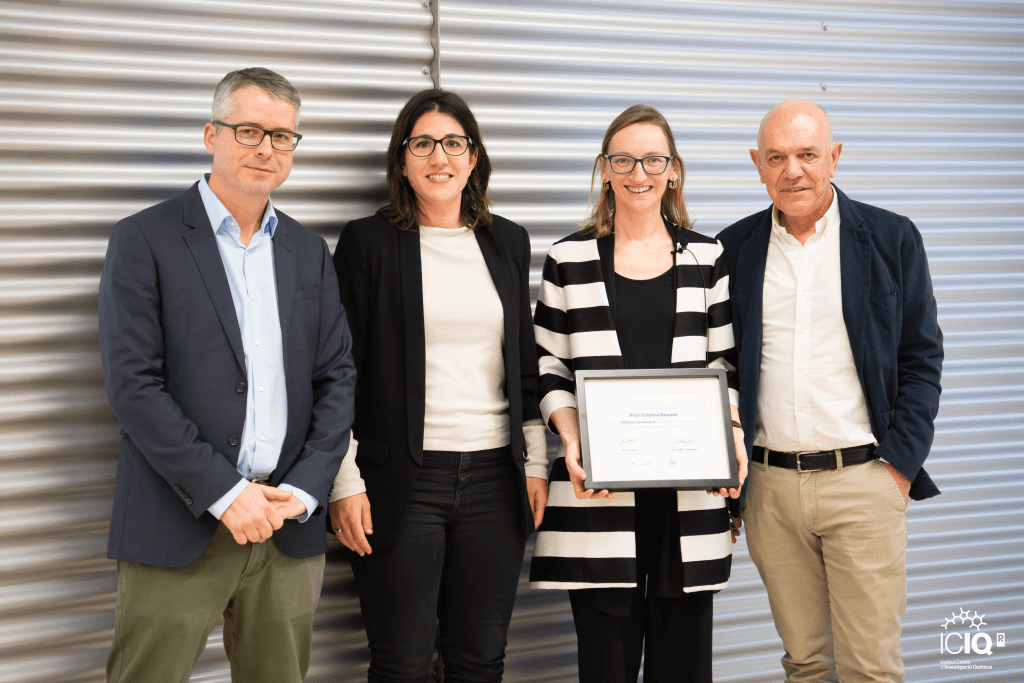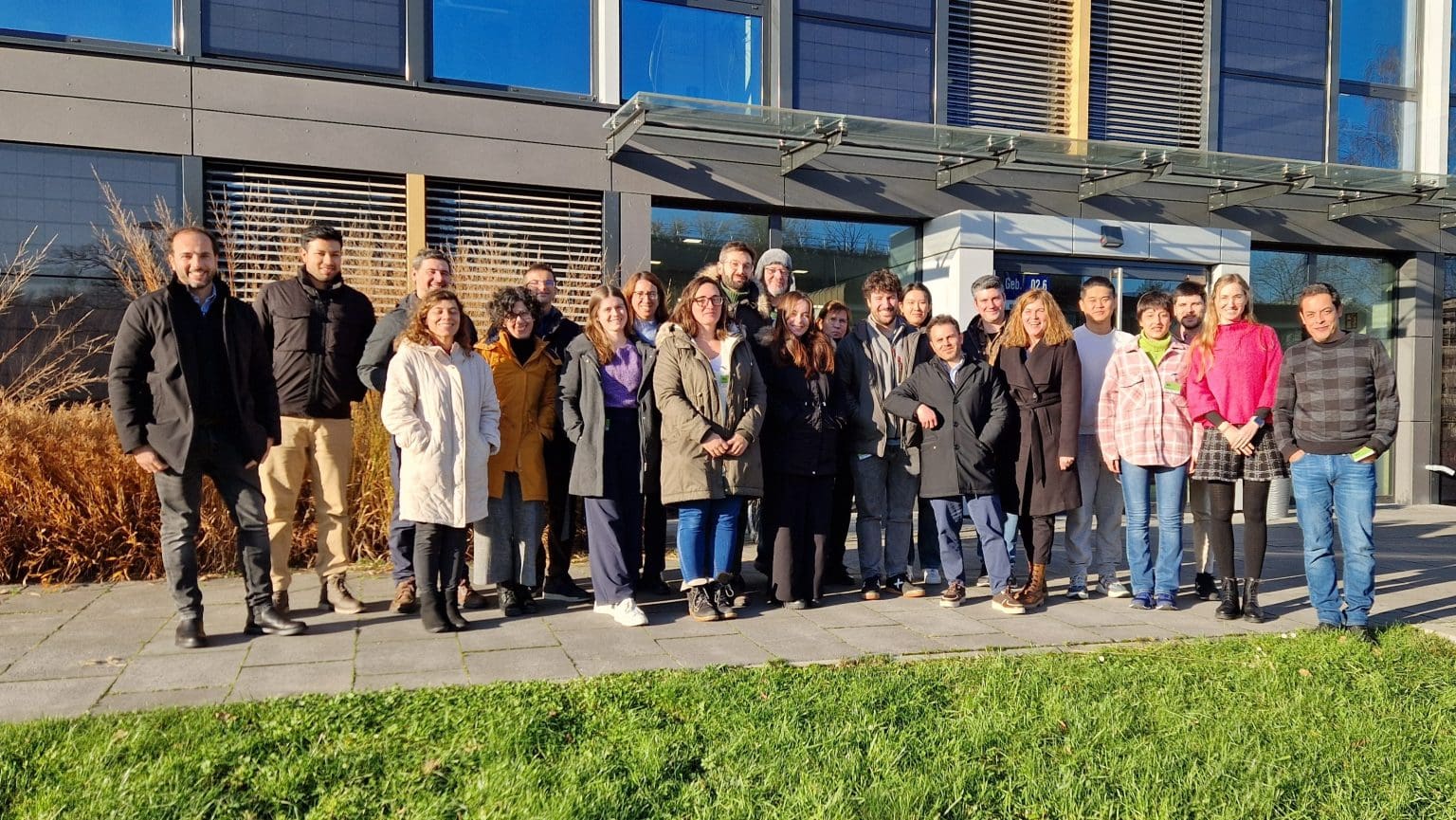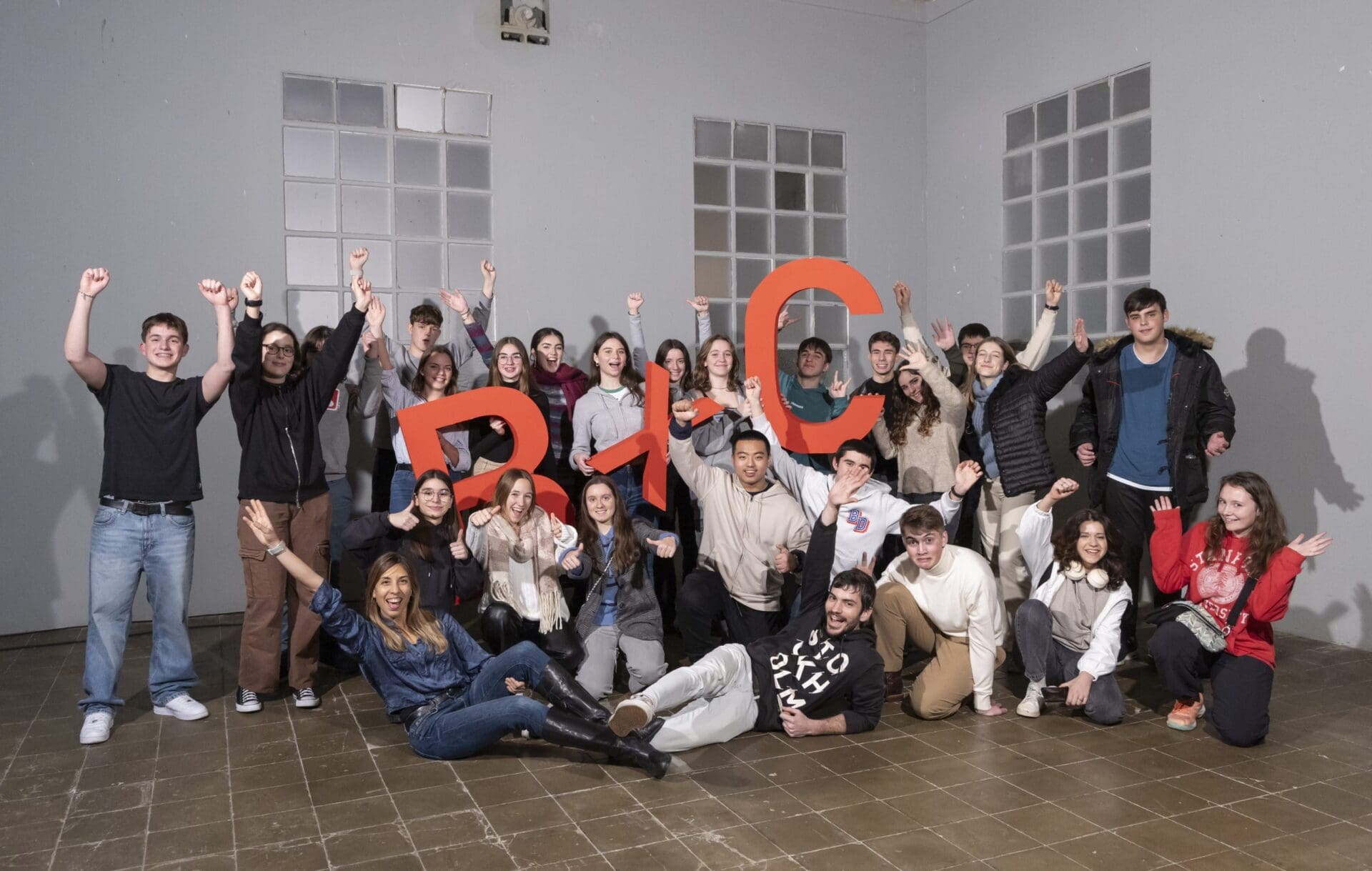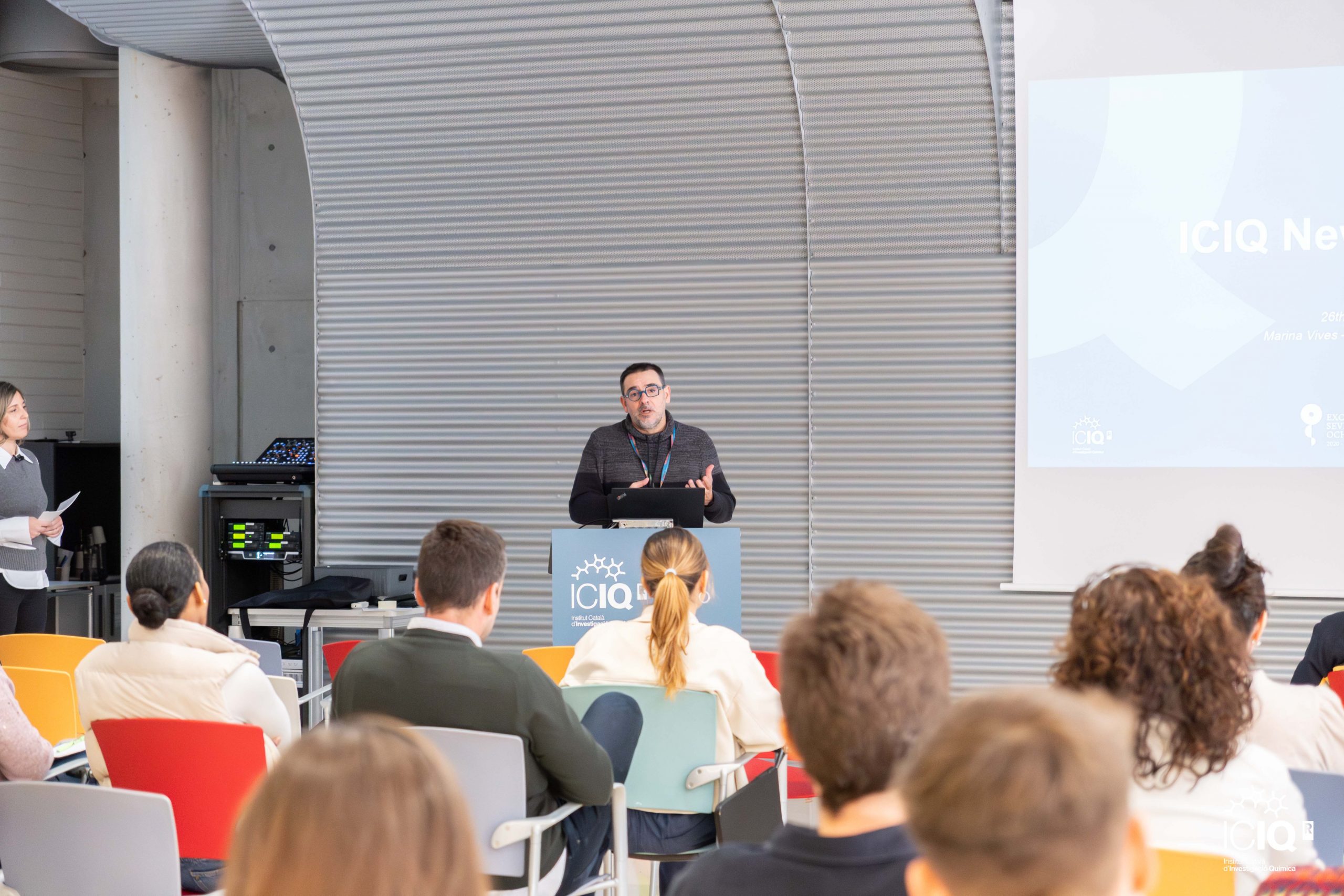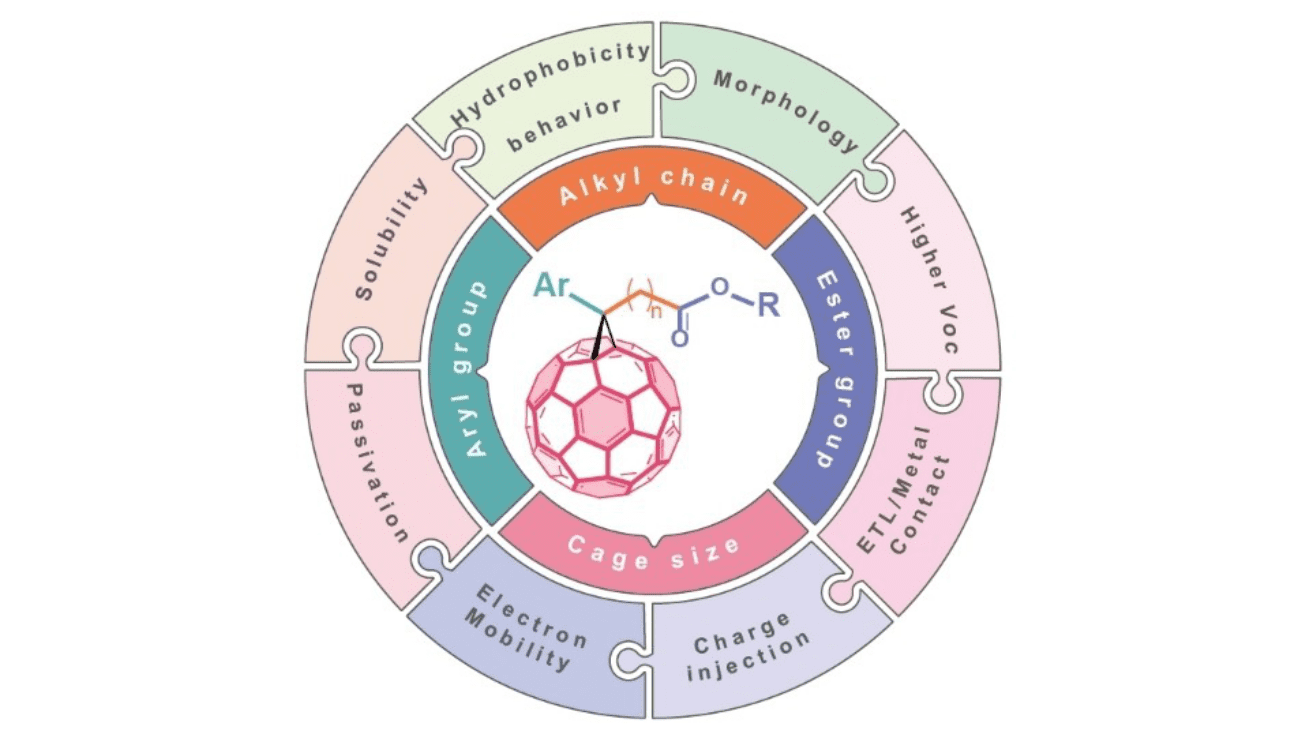SUNRISE and ENERGY-X joint cooperation: a major step towards building a climate neutral EU
Representatives from the EU Horizon 2020 Coordination and Support Actions (CSAs) SUNRISE and ENERGY-X announced their joint cooperation on August 20, 2019 during the 14th European Congress on Catalysis, EuropaCat 2019. The two initiatives will continue to pursue their roadmapping actions until February 2020, when they plan to merge in a new initiative, with a new name.
The two projects have already started to coordinate on joint actions. SUNRISE and ENERGY-X representatives took part in the panel discussion of the session: “The Energy-Chemistry Nexus: Towards a European Sustainable Energy & Catalysis Research Initiative”, held by ENERGY-X on August 20. Professor Jens Nørskov, coordinator of ENERGY-X, said: “It is of utmost importance to unite the efforts within Europe to lay the scientific foundation as well as to foster technological breakthroughs to develop a more sustainable society.”
Both projects share common goals for the conversion of renewable energies into alternative fuels and chemicals. Currently, both initiatives are working together towards a common Manifesto. “We need to think long-term and overcome fragmentation”, explained SUNRISE coordinator Professor Huub de Groot. “Several solutions are needed to fight climate change and for that all types of research should team up”, he added.
Background
SUNRISE and ENERGY-X are two out of the six CSA projects that were selected for the Horizon 2020 call “FETFLAG-01-2018” within the research area of Energy, Environment and Climate Change. Both initiatives received €1 million from the European Commission to develop a detailed proposal for a large-scale research initiative during one year, from March 2019 to February 2020.
Both SUNRISE and ENERGY-X aim to develop sustainable approaches for the storage of renewable energy (solar and wind) through its conversion to fuels and commodity chemicals using abundant molecules such as carbon dioxide, water and nitrogen. The two projects bring together 30 committed organisations, backed by an initial supporting community of approx. 300 stakeholders from academia, industry, and society.
The replacement of fossil fuels and the modernisation of the production processes are crucial to meet the COP 21 Paris Agreement’s mission of tackling climate change. A European large-scale initiative is urgently needed to address these key challenges and drive forward major global transformations led by new disruptive technologies.
Related news

Let's create a brighter future
Join our team to work with renowned researchers, tackle groundbreaking
projects and contribute to meaningful scientific advancements
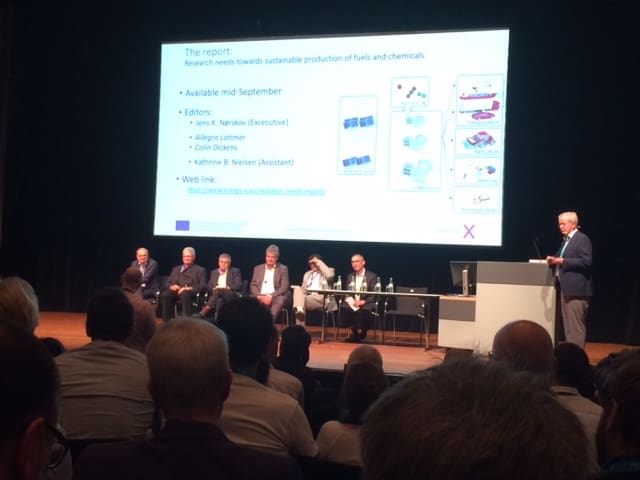







 11-12-2024
11-12-2024 
